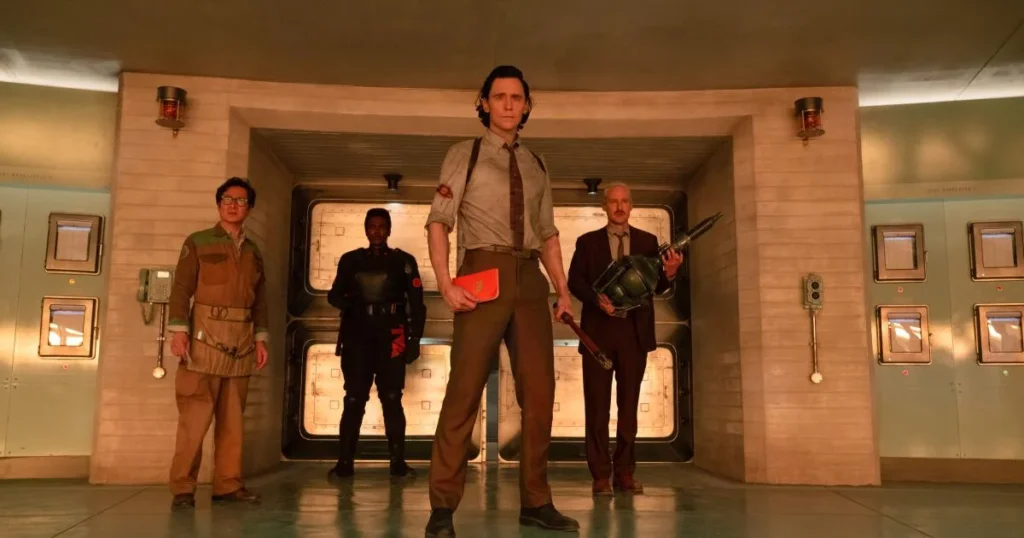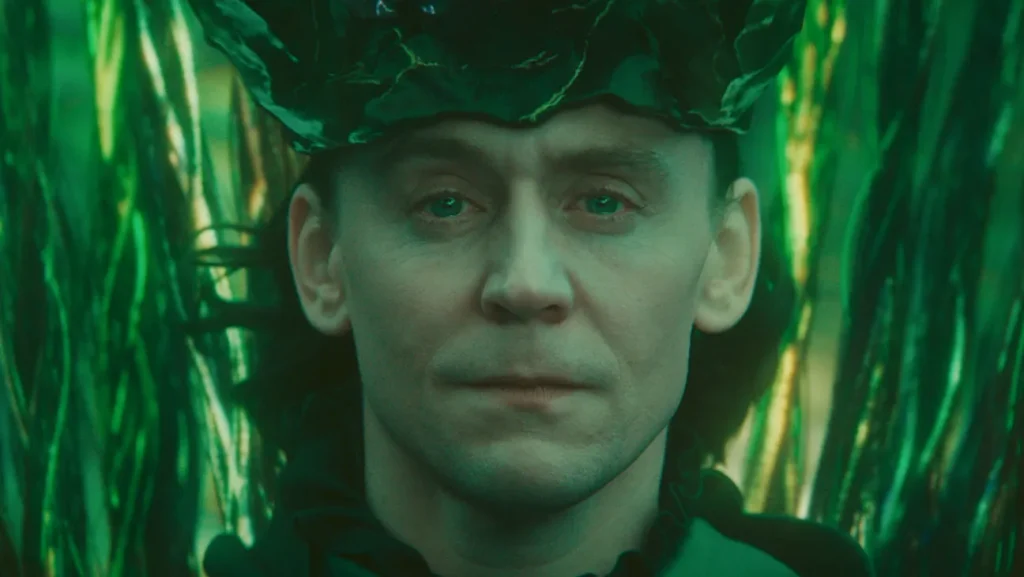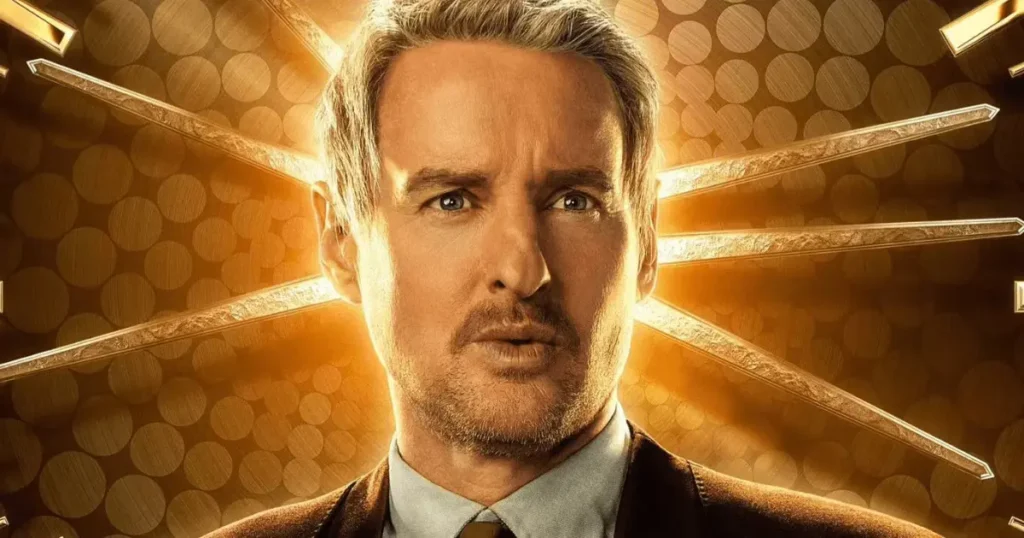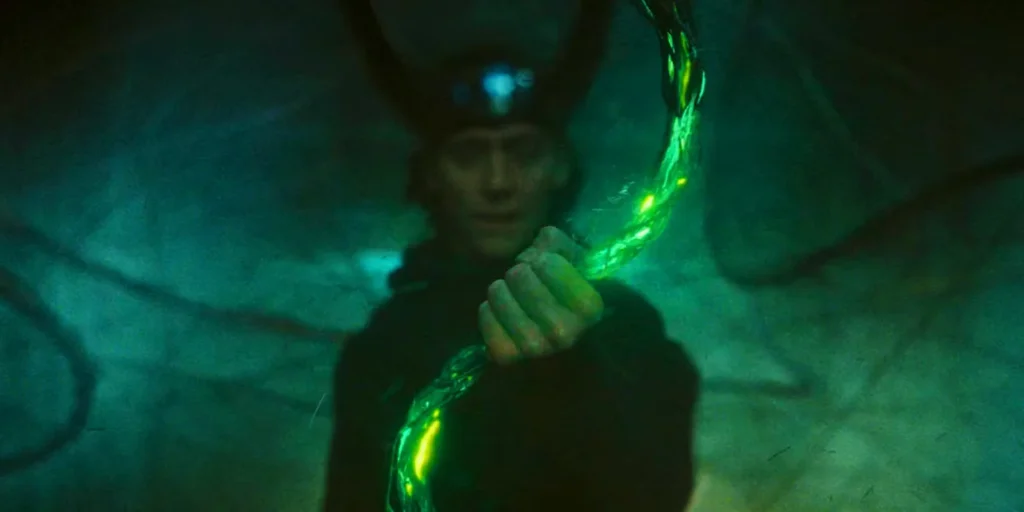From the moment Loki swaggered into Thor with that sly grin and questionable helmet fashion, we were hooked. In the decade since, he’s conned gods, tricked mortals, died (more than once), and dropped some of the MCU’s most quotable one-liners. But with Loki Season 2, our favorite Asgardian troublemaker graduates from chaos to something far greater and far lonelier.
The second season picks up where the first one left off (I’ve explained Loki Season 1 ending as well, if you’re interested). However, Loki Season 2 ending doesn’t just close the season; it rewrites Loki’s legacy. It’s no longer about outsmarting Thor or earning Odin’s approval. This is about purpose, sacrifice, and holding the fate of infinite realities in the palm of your hand, quite literally.
So, grab your TVA handbook, keep your hands inside the temporal vehicle, as we are about to unpack the emotional, reality-spanning ending of Loki Season 2.
Loki’s Impossible Choice: Duty Over Destiny

The ending of Loki Season 2 got many scratching their heads. Infact, the whole season did. So, let’s clear it up! The episode drops us straight into chaos: timelines are fracturing, the Temporal Loom is seconds from imploding, and even Loki’s new mastery of time-slipping can’t fix it.
He’s stuck in a multiversal Groundhog Day, running every scenario, helping O.B., brainstorming with Victor Timely, replaying tearful goodbyes with Mobius and Sylvie, only to fail again. And again. And again. The Loom isn’t malfunctioning; it’s working as intended. Built by He Who Remains, it was never designed to hold infinite timelines. It’s an interdimensional paper shredder, neatly trimming reality down to one strip.
Loki finally sees the truth: there’s no solution that saves both the Loom and the freedom of countless branches. Its order or possibility.
And the god who once schemed for a throne makes the unthinkable choice, a choice of responsibility. He steps into the Loom chamber, where cosmic radiation turns matter to spaghetti (the bad kind), and takes the timelines into himself. Loki becomes the living spine of the Multiverse.
Visually, it’s breathtaking. Emotionally, it’s brutal. Each broken branch is revived with raw willpower, a mix of love, loss, and sheer defiance. It’s the ultimate “I can’t lose you,” except “you” is everything that’s ever existed or could exist.
The Birth of the “God of Stories”

When the chaos fades, we see it: the timelines twist into a vast, glowing tree. Comic fans will instantly spot Yggdrasil, the Norse World Tree, actually here, it’s no myth. It’s Loki.
He sits at its center, draped in green, crowned with horns. No schemes left to hatch, no tricks left to play. Stillness, not mischief, defines him now.
Loki is no longer the God of Mischief. He is the God of Stories—the weaver, the protector, the silent guardian of infinite realities. Every choice, every life, every moment now passes through him.
Also, read The Umbrella Academy Ending Explained: Apocalypse Now, Therapy Later
TVA’s New Mission — and Mobius’s Quiet Exit

Back at TVA HQ, something miraculous: functionality. With Loki now doing the Loom’s job, the TVA no longer prunes “unauthorized” timelines. Instead, their mission is to safeguard them.
It’s still cosmic maintenance, but with heart. They watch for threats, Kang variants, reality fractures and preserve what once they destroyed.
Mobius, meanwhile, finally steps away. Our jet-ski-loving, pie-eating analyst walks into his own branch and quietly watches his variant live the life he never had. No swelling score. No dramatic goodbye. Just a man looking at what could have been.
And that’s what makes it land: Loki saves the Multiverse; Mobius finally gets to live. Each gift exists because the other stayed behind.
Why Loki Season 2 Ending Works So Well

Loki Season 2 has been a breadth of fresh air amongst the latest MCU projects. It had us hooked from the beginning, but the end? Well, it just blew everyone away. Here’s why Loki Season 2 ending worked so well:
Purpose Over Pedigree
Loki’s story stops being about besting Thor or earning Odin’s crown. He takes on the one burden no one else can. Ambition becomes duty; power becomes stewardship.
Redemption in Isolation
His solitude isn’t banishment. It’s a choice. Loki’s throne is built from sacrifice, not conquest, and his reward is to be unseen forever.
Best Friend Mourning
Mobius gets freedom; Loki keeps watch. No hugs, no farewells, just the unspoken knowledge that they’ve given each other everything.
Catharsis Without Convention
No Avengers-style rally, no victory parade. Just a god turned myth, holding the Multiverse together in silence.
Also, read Eternals Ending Explained: Gods, Judgement and a Very Grumpy Celestial
The Loki We’re Left With
Loki Season 2 ending isn’t the end of Loki’s story, it redefines it. He’s no longer the villain with the Tesseract, the reluctant hero beside Thor, or the TVA’s wildcard.
He’s something else entirely: the guardian of all possible stories. The god who ensures the Multiverse survives, even if he can never walk among it again.
And honestly? That’s more glorious than any throne Odin could offer.
FAQs About Loki Season 2 Ending
1. Why does Loki still look like Loki?
His final form, green cloak, horned crown, regal stance marks him as the embodiment of the timeline itself, while showing he’s still him.
2. Is Loki dead?
No. He’s alive, but in a way beyond reach eternal, untouchable, existing at the Multiverse’s core.
3. Did Loki win?
Yes, but at a price. He saved every possibility but lost the ability to live in any of them.
4. Will Loki be back in the MCU?
Marvel loves a twist, but this feels like a send-off. Expect the ripples, fractured timelines, Kang trouble more than the man himself.